
Industry
Health & Personal Care
Services
Full Service Growth
The Brand
“On the outside, it looked like I had everything. A six-figure corporate job. A great career in front of me. A field that was genuinely exciting. I mean, I sold fighter jets for a living.
“But,” and with that Patrick Coddou, pauses, “I hated it.”
Sitting at Supply’s headquarters in Fort Worth, Texas, Patrick speaks with disarming ease; a folky winsomeness that, if you’re not careful, betrays the raw intelligence and passion behind it.
It helps that he’s told this story before.
Quite literally, to millions.
“I hated waking up in the morning. I hated going into work. I was in and out of depression. I’d become a person I didn’t recognize.”
It’s an angst entrepreneurs know well.
Achieving a dream only to discover it wasn’t really yours in the first place.
A self-professed “shaving nerd,” Patrick and his wife, Jennifer, took that angst and founded Supply in 2015 on the back of a $78k Kickstarter campaign.
Their flagship product: a high-end, injection-style single-blade, adjustable razor.
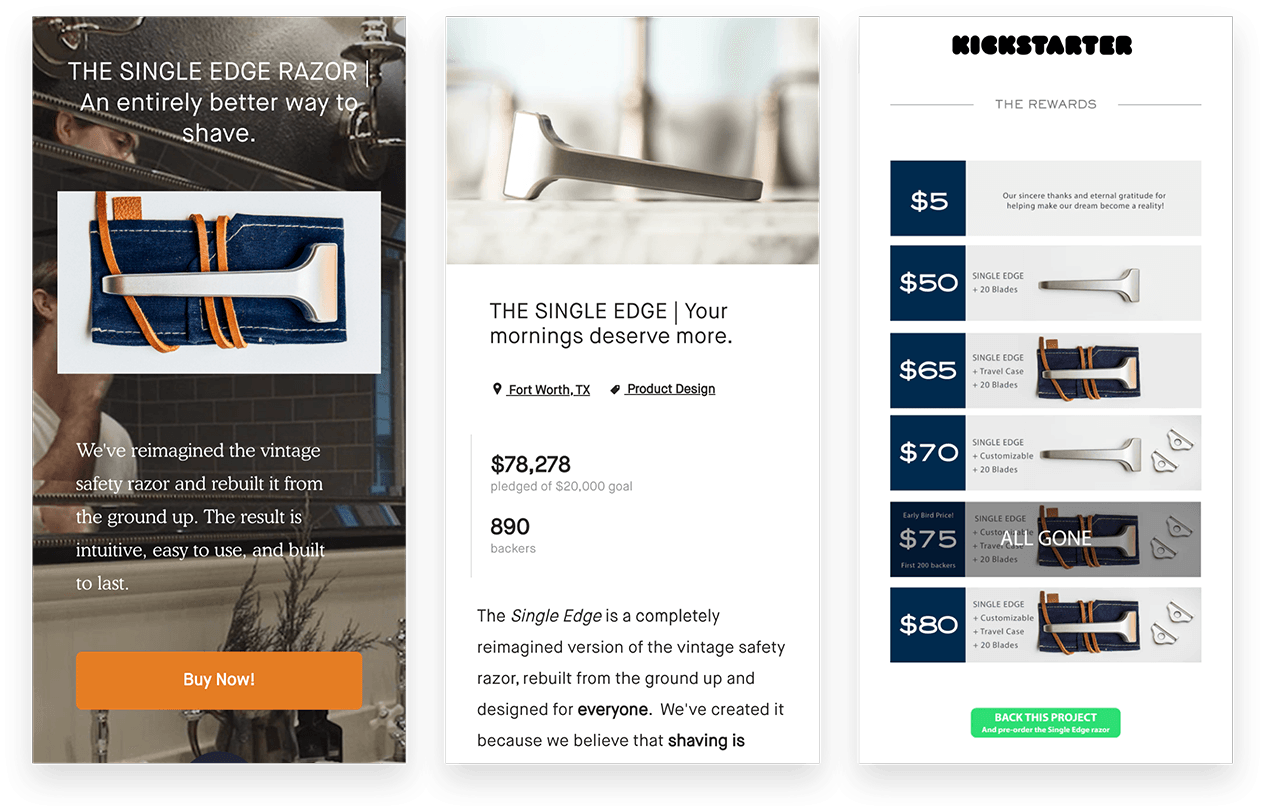
From there, Supply’s growth was modest … but steady.
Two years in, Patrick left his job to commit himself full-time. A year later, so did Jennifer: “We were at a point where it wasn’t really comfortable, but we could at least keep food on the table and the lights on.”
The moves proved fruitful, particularly Jennifer’s. By the end of 2018, Supply had crossed $1M in annual revenue.
In early 2019, Supply arrived at Common Thread Collective with a dream of 2x’ing the previous year’s revenue, $1M during Q4 alone.
“We were spending around $15k a month on Facebook relatively successfully, not blowing it out of the water,” says Patrick. “We’d been through three agencies, the longest relationship was probably two to three months. Prior to that, I had done all the ad buying.
“I knew there was something there for us. I just needed help to figure it out. Plus, there were all sorts of other things that I needed to focus on — like supply chain, customer service, and brand.”
As if that wasn’t a full enough plate heading into the holidays, Patrick also shot off a last-minute application to Shark Tank.
It was his third time applying.
“I didn’t expect anything,” Patrick recalls with a laugh. “Except this time, I got some traction. Then, a little more. Then, the official invitation.”
Aired on Nov. 7th, the couple received both praise and an offer from Robert Herjavec for $300,000: “It’s very, very difficult to elevate a commodity product with a premium value, and that’s what you’ve done.”
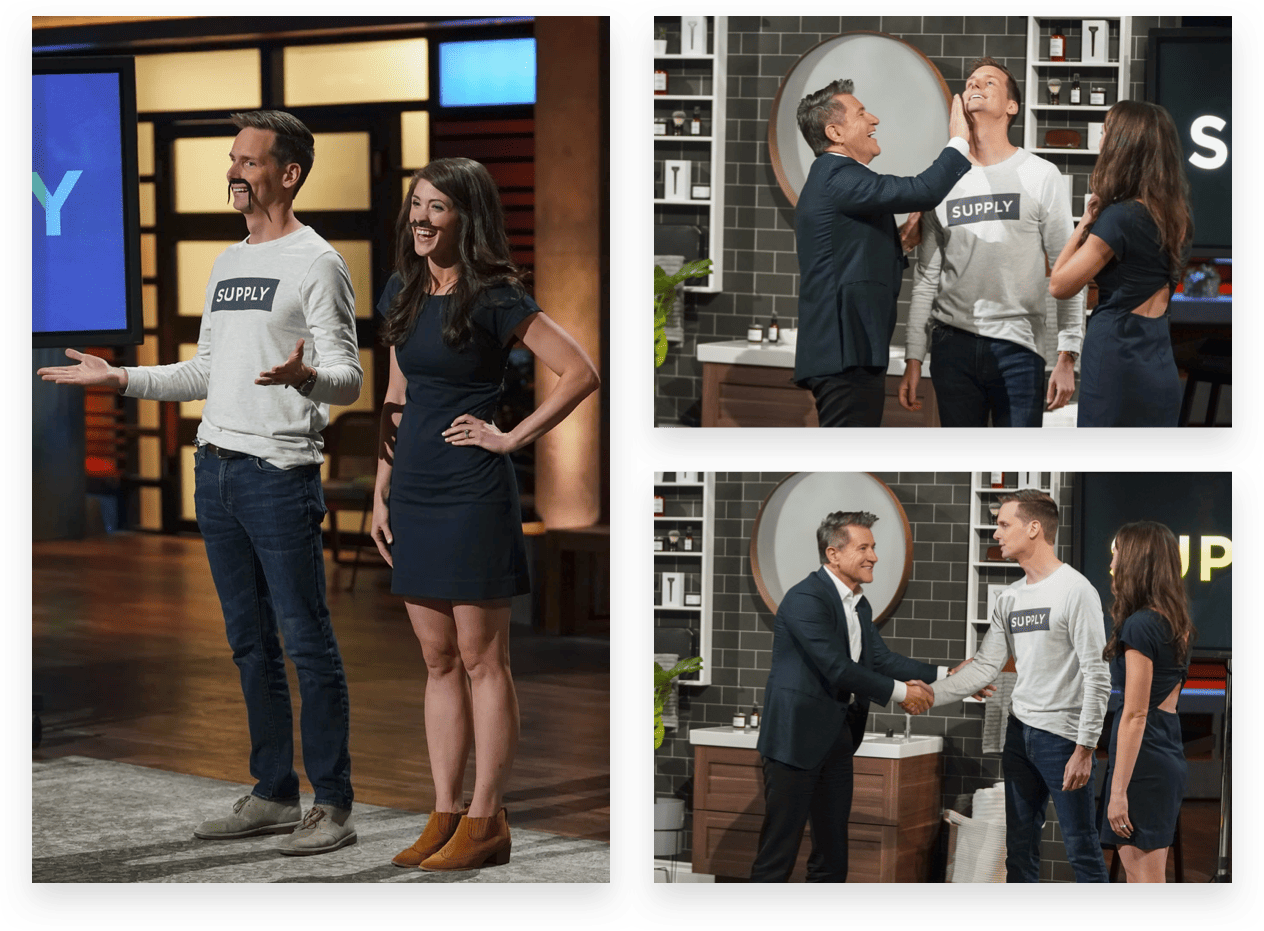
“It put a lot of wind in our sales,” says Patrick. “We relaunched our website beforehand and onboarded to Shopify Fulfillment. It got us tons of brand recognition and new sales. More cash flow than we had ever had before, which we then turned around and dumped into inventory. Because we’re bootstrapped, staying in stock has always been one of our major challenges.”
But that wasn’t the only struggle.
Although Patrick and Jennifer walked away from the deal post-production, Robert Herjavec wasn’t wrong: it is very difficult to elevate a commodity product with a premium value.
The Challenge
Supply’s single-edge razors clock in at ~5x the industry’s usual price-point.
On the other hand, it’s built to last for 100 years: a major win for the consumer in terms of quality. But, it can also lead to a loss on the business-side, since customers literally won’t ever need to purchase the razor again.
That one-two-combo creates a double-edged … razor.
The Strategy
Winning for Supply meant finding ways to incentivize shoppers without undercutting value. Amidst increasing spend and reaching new customers, the core focus was on conversion rate.
“As we scaled, we wanted to hold our existing conversion rate, if not improve on the past,” says Supply’s Growth Guide, Kyle Lawrence.
Incorporating conversion rate incentives, like Afterpay or Klarna, allowed customers to “Shave Now and Pay Later” — reducing price friction. Equally important was elevated creative to match an elevated product:
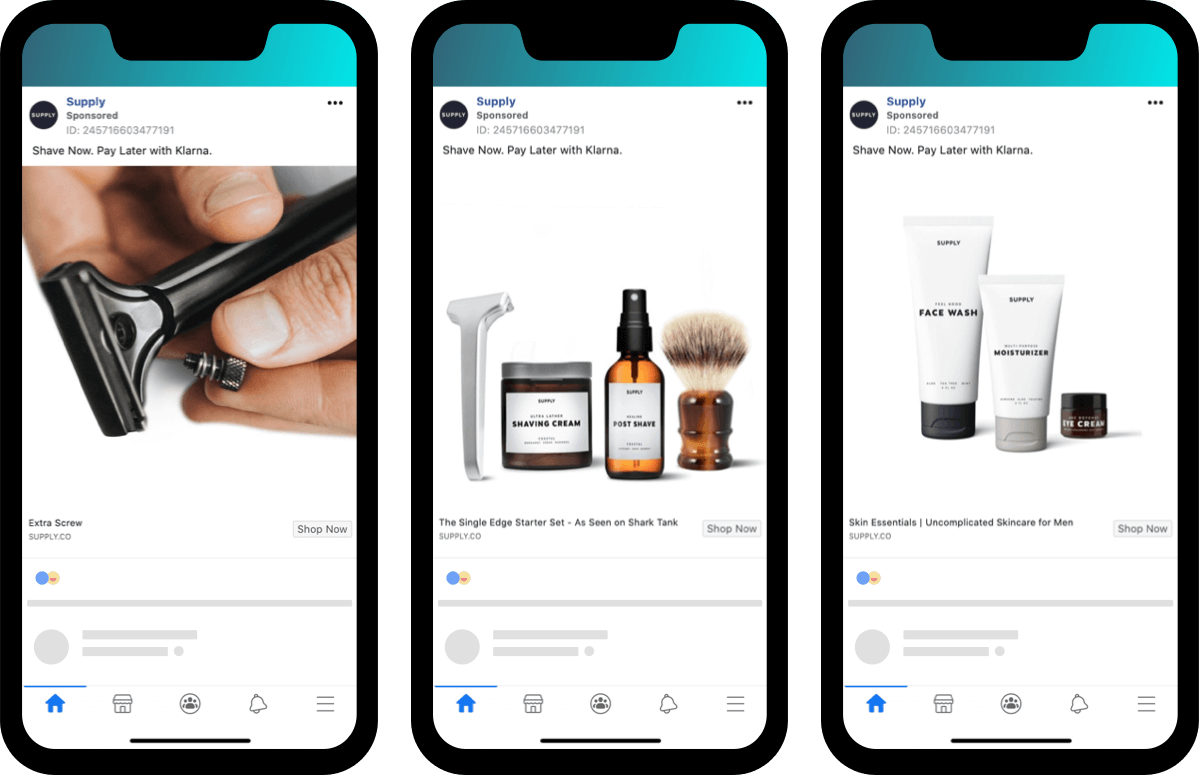
As Supply looked to reach new markets, taking the brand worldwide was the next step.
“Early last year, we decided to duplicate our domestic ads, change the targeting from US to worldwide, set language to English, and hit go,” Patrick notes.
Between Jan. and May, the ads ran with essentially zero attention — miniscule monthly impressions of around 100-500. In June, Coddou and CTC’s Senior Media buyer Trent Kerth pushed spend and hit a 3.5 ROAS out of the gate.
So, they turned it up even more. Supply’s international, as well as domestic returns, held: “The end result was 30% of 2019’s revenue came from international markets. From zero to $225k in just Nov.”
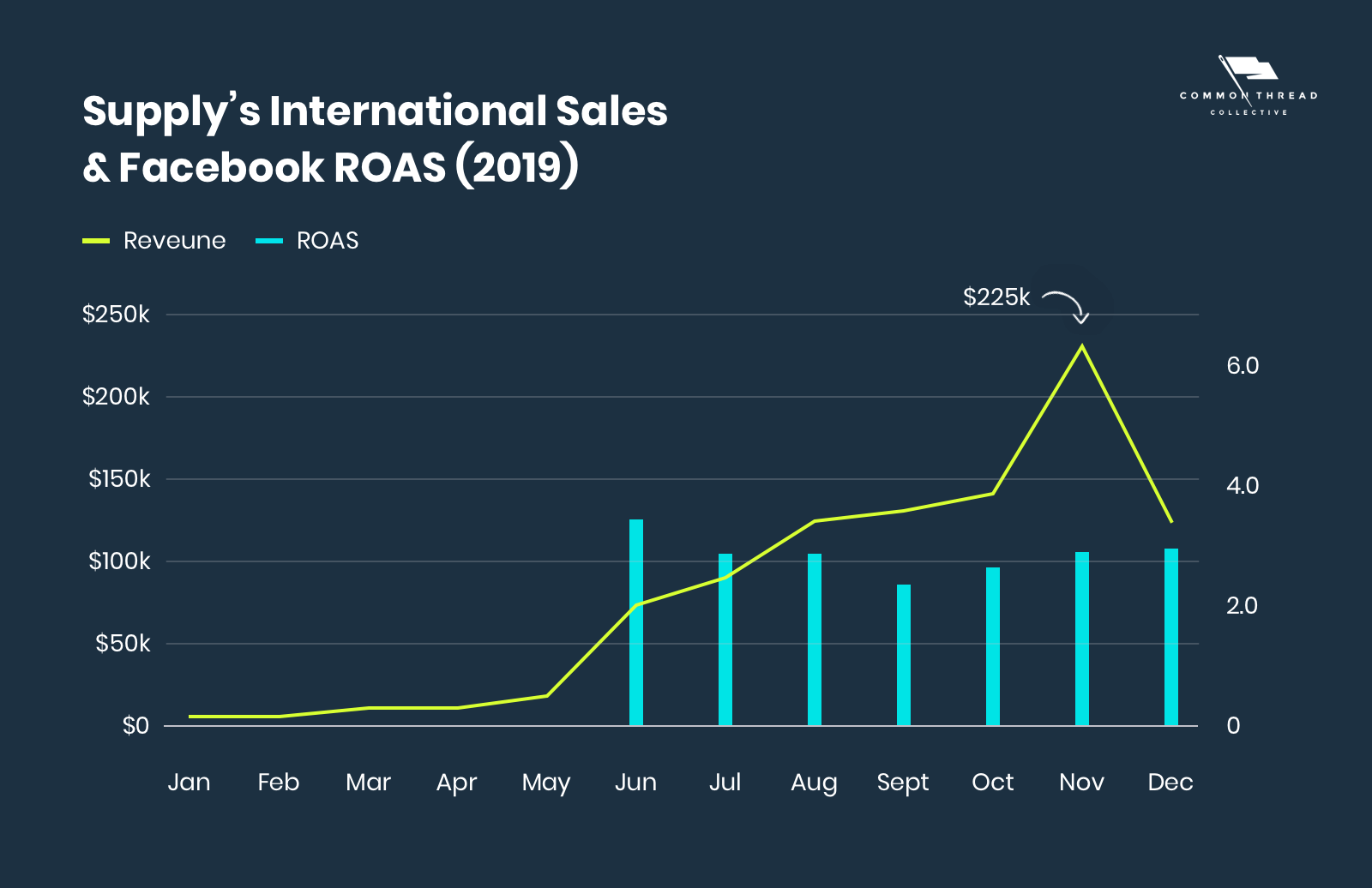
Yielding cheaper traffic and higher returns, the final step was to keep customers coming back.
When coronavirus hit, those premium price-point challenges only intensified.
To cross the conversion gulf, Supply tested and iterated on multiple concepts.
The winner? A free year supply of blades.
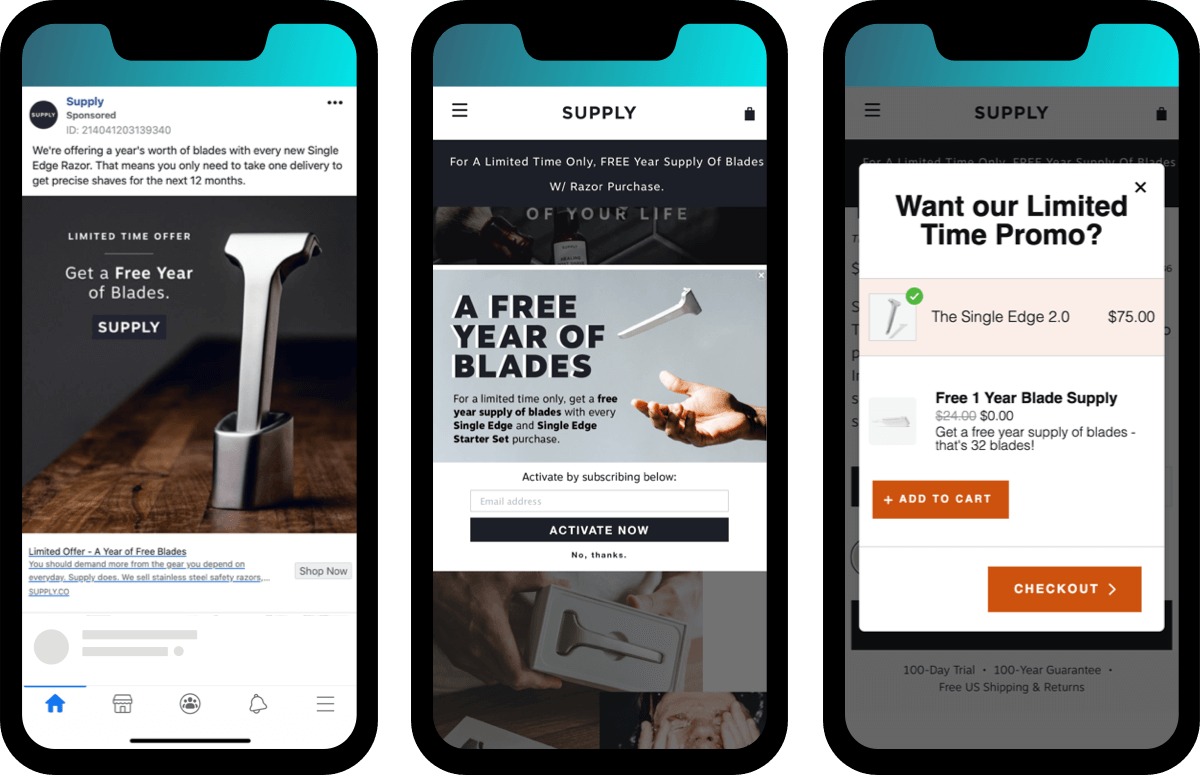
After an initial 5.07 ROAS, the offer was combined with an educational landing page highlighting the free year of blades.
Of course, winning campaigns are one thing. Holding that scale is another.
Though the offer had strong results as a campaign during COVID, Supply’s holistic strategy had an even stronger long-term impact.
The Results
International expansion and creative iteration allowed Supply to jump the premium price-point hurdle — resulting in business-wide 2020 breakthroughs …
- 2.8 Facebook ROAS
- 4.4 Google ROAS
- 3.6x YoY growth


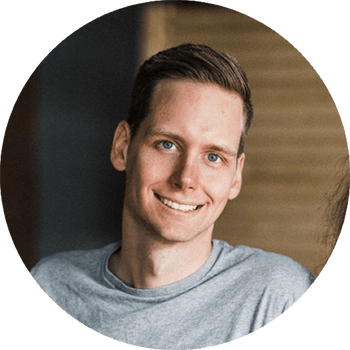

“We went from year low in sales when quarantine hit, to having our best weeks since Cyber Monday. Through the first half of 2020, our account-wide Facebook ROAS was 2.8 and Google, 4.4. Better, Supply grew 3.6x YoY.”
“The keys have been creative iteration, the right offer, and scaling rapidly. In all of that, CTC’s partnership was irreplaceable.”